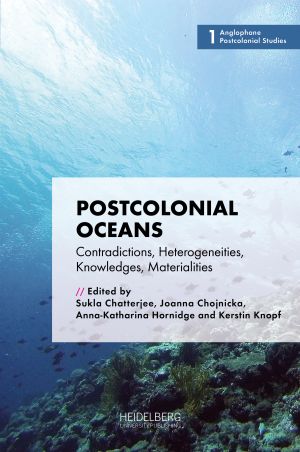How to Cite
License (Chapter)

This work is licensed under a Creative Commons Attribution-ShareAlike 4.0 International License.
Identifiers (Book)
Published
Transcontinental Waters
The Anti-postcolonial Tide in Angolan Fiction and Film
ABSTRACT This article assesses the historical roots of resistance to postcolonial interpretations of Angolan history and culture, tracing this reluctance to Angola’s distinctive history, particularly the rise of the Creole class, which ran the slave trade, served as a nascent national bourgeoisie, was deprived of its privileges by the Salazar-Caetano dictatorship, then regained them on independence in 1975. The neo-Creole national imaginary, as funnelled through images of salt water, is explored in three Angolan artistic works: Pepetela’s novel A Gloriosa Família (1997), which describes the consolidation of Creole identity during the Dutch occupation of Luanda in 1641–1648, Maria João Ganga’s film Na Cidade Vazia (2004), about a young war refugee’s friendship with a fisherman in 1991 Luanda, and Ondjaki’s novel AvóDezanove e o Secreto do Soviético (2008), in which identities formed by the ocean assist children who are fighting a construction project that threatens to destroy their homes.
KEYWORDS Angola, postcolonialism, Pepetela, Ondjaki, Ganga






